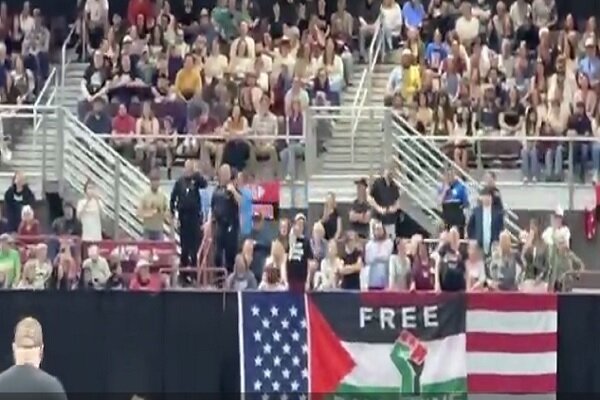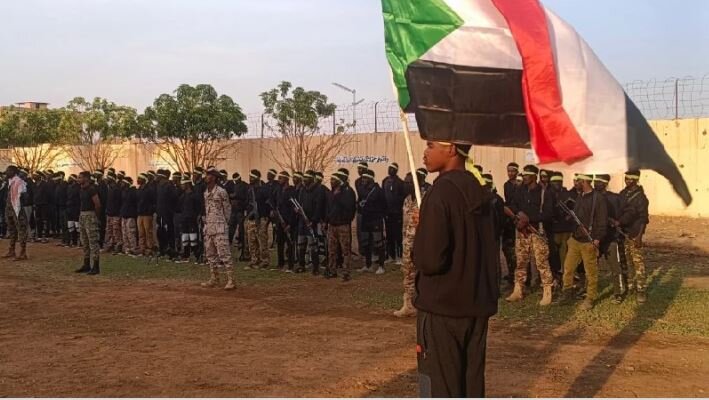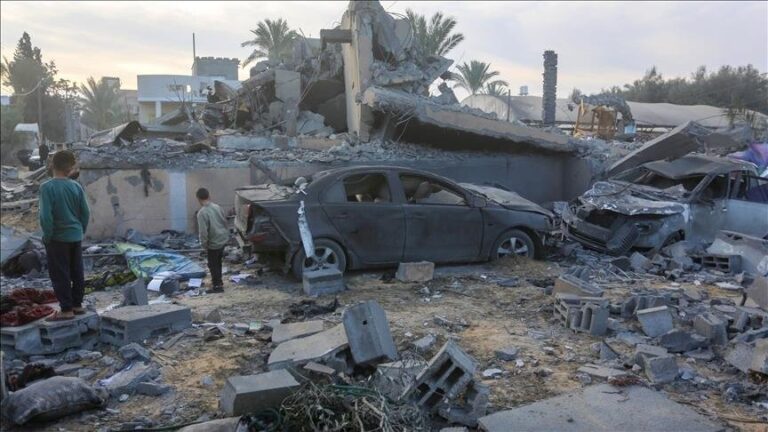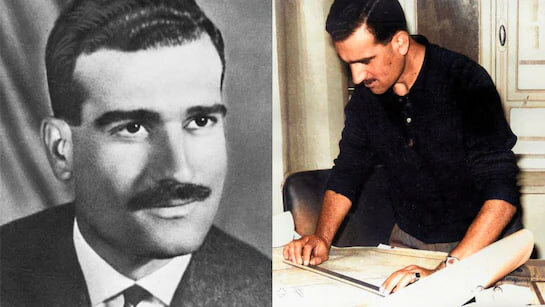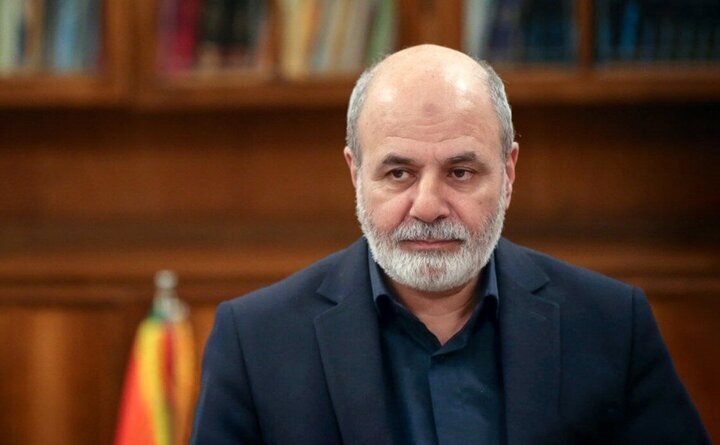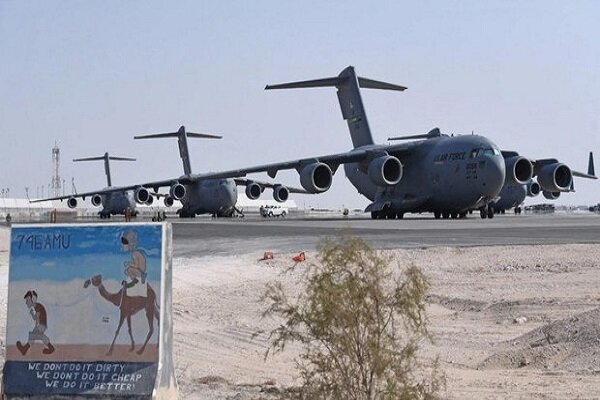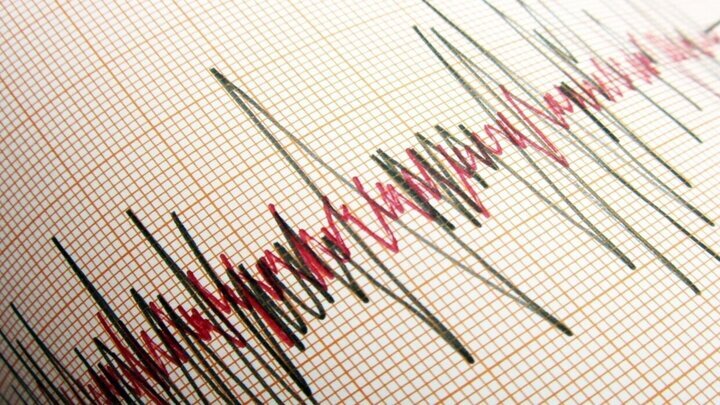Controversy at Bernie Sanders’ Rally: Free Palestine Flag Taken Down
In a recent event that sparked significant controversy, police officers intervened during a rally for Bernie Sanders in the United States, forcibly removing a FREE PALESTINE flag. This incident has ignited discussions surrounding freedom of expression and the implications of political symbols at public gatherings.
The rally, which was intended to promote Bernie Sanders’ campaign and his progressive policies, took an unexpected turn when the flag was displayed. The presence of the FREE PALESTINE flag at a political event raised questions about the intersection of political activism and law enforcement. As tensions escalated, the police took action, leading to a heated exchange between attendees and law enforcement.
Here are some key details surrounding the incident:
- Event Context: The rally was part of a series of events aimed at galvanizing support for Sanders’ presidential campaign.
- Flag Significance: The FREE PALESTINE flag is often associated with the Palestinian struggle for autonomy and has been a symbol of solidarity in various political contexts.
- Police Action: Officers intervened after the flag was displayed, removing it from the premises amidst claims of maintaining order.
- Public Reaction: The removal led to outcry from attendees, many of whom viewed the action as a suppression of free speech.
As details emerged about the incident, supporters of Bernie Sanders expressed their discontent with how the situation was handled. Many argued that the police’s actions undermined the principles of democratic expression. Social media platforms were flooded with reactions, with users voicing their opinions on both sides of the issue.
Critics of the police’s decision highlighted the importance of allowing diverse political expressions, especially in a democratic society where individuals should feel free to voice their beliefs. Advocates for the FREE PALESTINE movement stated that the removal of the flag was not merely an act of law enforcement but a direct attack on a political stance that resonates with many.
Supporters of the police action, however, argued that the rally was not the appropriate venue for such political statements and that the police were simply enforcing rules to maintain an orderly environment. This dichotomy of views reflects a broader conversation about the boundaries of political expression in public spaces.
In the days following the incident, various organizations and activists have called for a dialogue regarding the limits of free speech and the role of law enforcement in political events. The controversy surrounding the FREE PALESTINE flag continues to evoke strong feelings, revealing a deeply divided opinion on the matter.
In light of this incident, it is essential to reflect on the broader implications for political rallies and expressions of solidarity. Here are some points to consider:
- Freedom of Expression: What constitutes free speech in a public rally? Are there limits to the types of symbols or messages that can be displayed?
- Role of Law Enforcement: How should police balance maintaining order with protecting individuals’ rights to express their political beliefs?
- Public Discourse: How can we foster a more inclusive dialogue around contentious political issues without resorting to censorship?
As the discussion around this incident continues, it serves as a reminder of the complexities surrounding political activism and the right to protest. The FREE PALESTINE flag has become a potent symbol in global discussions about human rights and justice, and its removal raises critical questions about how such symbols are perceived and treated in various contexts.
In conclusion, the controversy at Bernie Sanders’ rally highlights the ongoing struggle for political expression and the complexities of law enforcement’s role in such scenarios. As society grapples with these issues, the importance of understanding and respecting diverse viewpoints becomes increasingly vital. The dialogue surrounding the incident is far from over, and the implications of this event will likely resonate within the political landscape for some time to come.
